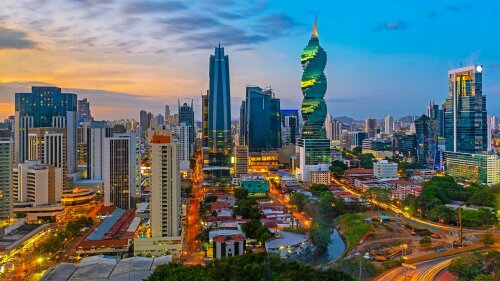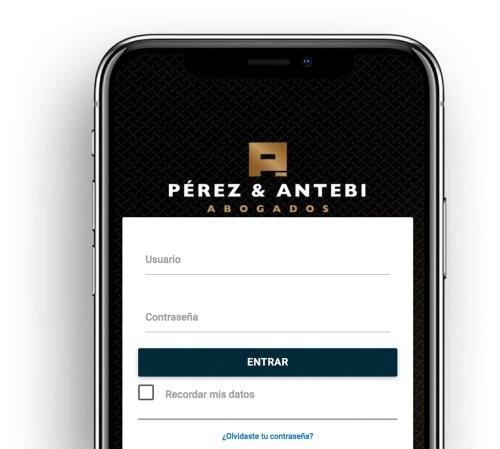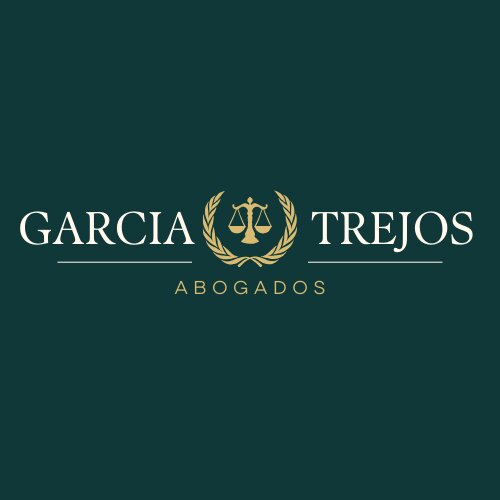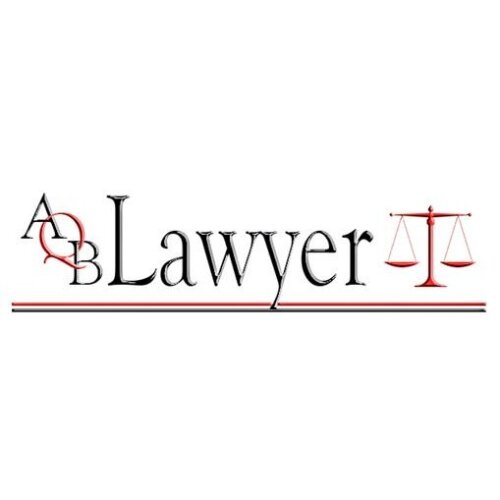Best Civil & Human Rights Lawyers in Panama
Share your needs with us, get contacted by law firms.
Free. Takes 2 min.
Or refine your search by selecting a city:
List of the best lawyers in Panama
About Civil & Human Rights Law in Panama
Civil & Human Rights law in Panama is designed to protect the rights and freedoms of individuals ensuring equality, liberty, and protection from discrimination. Panama has ratified various international human rights treaties and is committed to upholding the principles outlined in these documents. The Panamanian Constitution guarantees fundamental rights like freedom of speech, association, and the right to a fair trial.
Why You May Need a Lawyer
There are numerous situations where you might require the assistance of a lawyer if you're dealing with Civil & Human Rights issues in Panama. Some common scenarios include facing discrimination in the workplace, experiencing infringement on freedom of expression, challenging unlawful detention, seeking asylum or refugee status, needing representation in international human rights courts, or advocating against human rights abuses by government entities.
Local Laws Overview
Panama's legal system is based on civil law, and the constitution serves as the supreme law, granting various rights and liberties to individuals. Key aspects of civil and human rights laws include the protection of minority rights, labor rights, women's and children's rights, and rights of indigenous peoples. Despite these legal frameworks, challenges remain in full enforcement and protection, requiring ongoing legal and civil engagement.
Frequently Asked Questions
What are the fundamental human rights protected in Panama?
The Panamanian Constitution and international treaties protect rights such as freedom of expression, freedom from discrimination, the right to privacy, and the right to a fair trial.
How does one address discrimination in Panama?
Victims of discrimination can seek redress by filing complaints with local authorities, engaging in civil court proceedings, or reaching out to human rights organizations for support.
What are my rights if I'm unlawfully detained in Panama?
If unlawfully detained, you have the right to legal counsel, to be informed of charges, and to challenge detention through habeas corpus proceedings.
Can non-citizens claim human rights protections in Panama?
Yes, non-citizens are afforded many of the same protections as citizens under Panamanian law and international human rights treaties.
How are labor rights protected in Panama?
Laws regulate working conditions, hours, and minimum wage, aiming to prevent exploitation and ensure safety in workplaces. Violations can be addressed through labor tribunals.
What recourse is available for victims of domestic violence?
Victims can file complaints with the police, seek protection orders, and access support services. The legal system places emphasis on protecting victims of domestic violence.
Are indigenous rights protected under Panamanian law?
Indigenous communities have special protections under Panamanian law, including rights to land, self-determination, and preservation of culture.
What role do international human rights treaties play in Panama?
Panama has ratified multiple treaties that not only guide domestic legislation but also offer frameworks for redress on international platforms.
How can I find legal assistance for human rights issues?
Legal aid can be found through government agencies, non-profit organizations, legal clinics at universities, and private law firms specializing in human rights law.
What should I do if I need to seek asylum in Panama?
Asylum seekers should approach the governmental authority in charge of refugees and seek legal advice to ensure their rights are protected during the application process.
Additional Resources
For those seeking further information and assistance, resources and organizations to consider include the Defensoría del Pueblo (Ombudsman’s Office), United Nations Human Rights office in Panama, the Inter-American Commission on Human Rights, and various local NGOs dedicated to protecting civil liberties.
Next Steps
If you require legal support, start by researching civil and human rights lawyers or legal aid organizations within Panama. It's important to gather all relevant information and documentation pertaining to your case ahead of any consultation. Consider reaching out to local human rights organizations for referrals or guidance on navigating the Panamanian legal system.
Lawzana helps you find the best lawyers and law firms in Panama through a curated and pre-screened list of qualified legal professionals. Our platform offers rankings and detailed profiles of attorneys and law firms, allowing you to compare based on practice areas, including Civil & Human Rights, experience, and client feedback.
Each profile includes a description of the firm's areas of practice, client reviews, team members and partners, year of establishment, spoken languages, office locations, contact information, social media presence, and any published articles or resources. Most firms on our platform speak English and are experienced in both local and international legal matters.
Get a quote from top-rated law firms in Panama — quickly, securely, and without unnecessary hassle.
Disclaimer:
The information provided on this page is for general informational purposes only and does not constitute legal advice. While we strive to ensure the accuracy and relevance of the content, legal information may change over time, and interpretations of the law can vary. You should always consult with a qualified legal professional for advice specific to your situation.
We disclaim all liability for actions taken or not taken based on the content of this page. If you believe any information is incorrect or outdated, please contact us, and we will review and update it where appropriate.
Browse civil & human rights law firms by service in Panama
Panama Attorneys in related practice areas.
Browse civil & human rights law firms by city in Panama
Refine your search by selecting a city.















